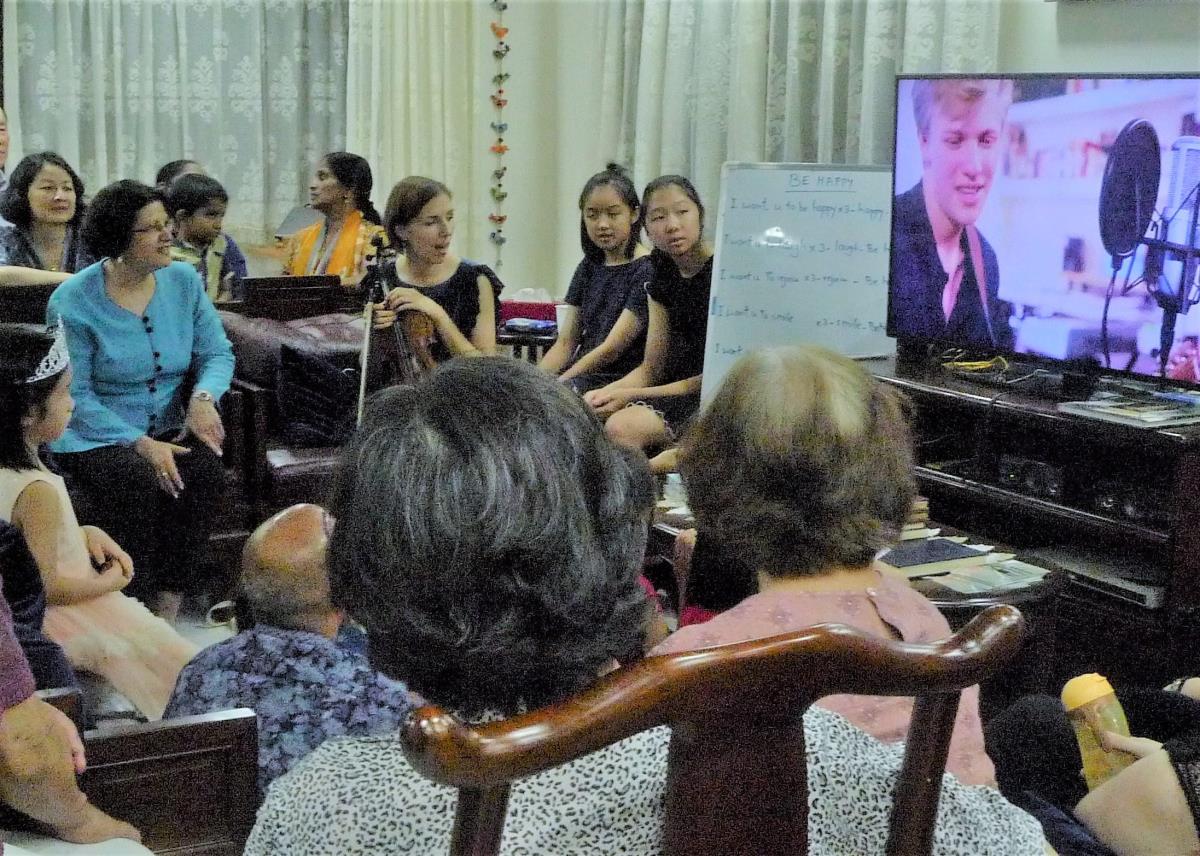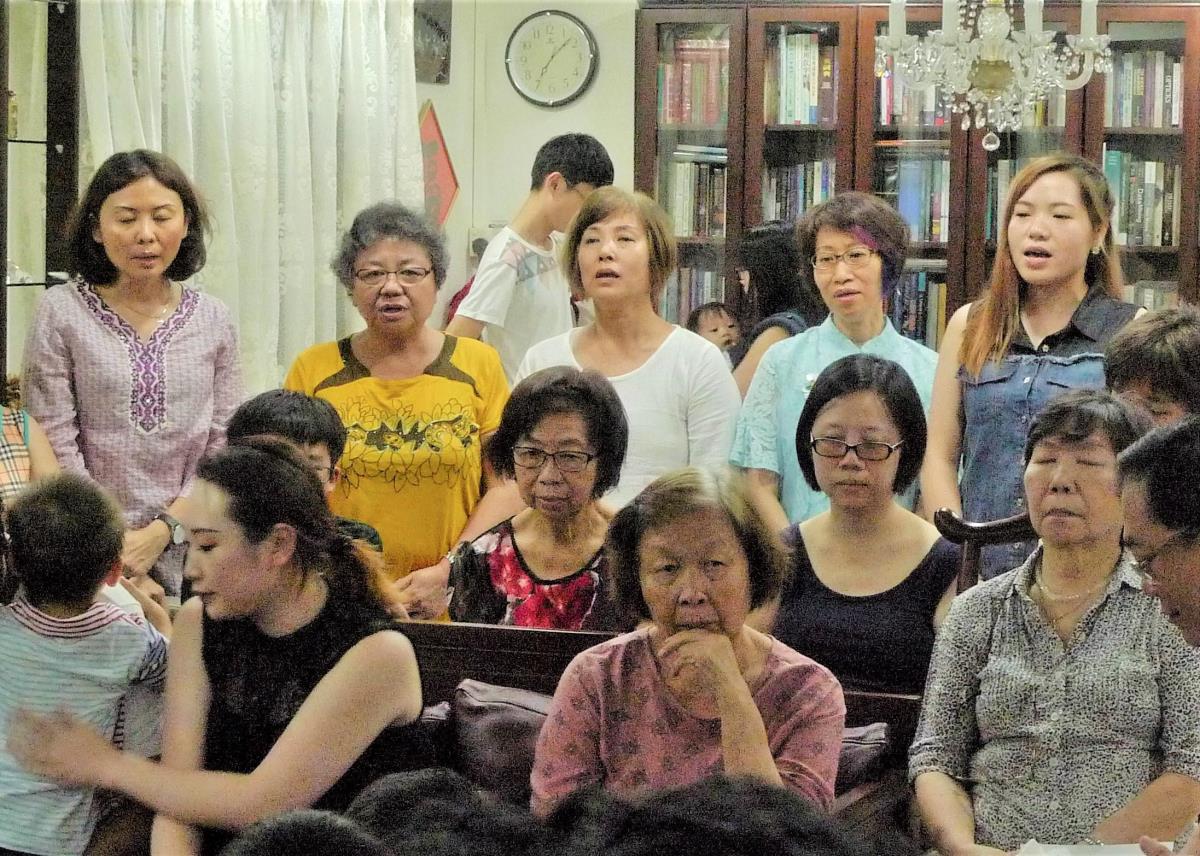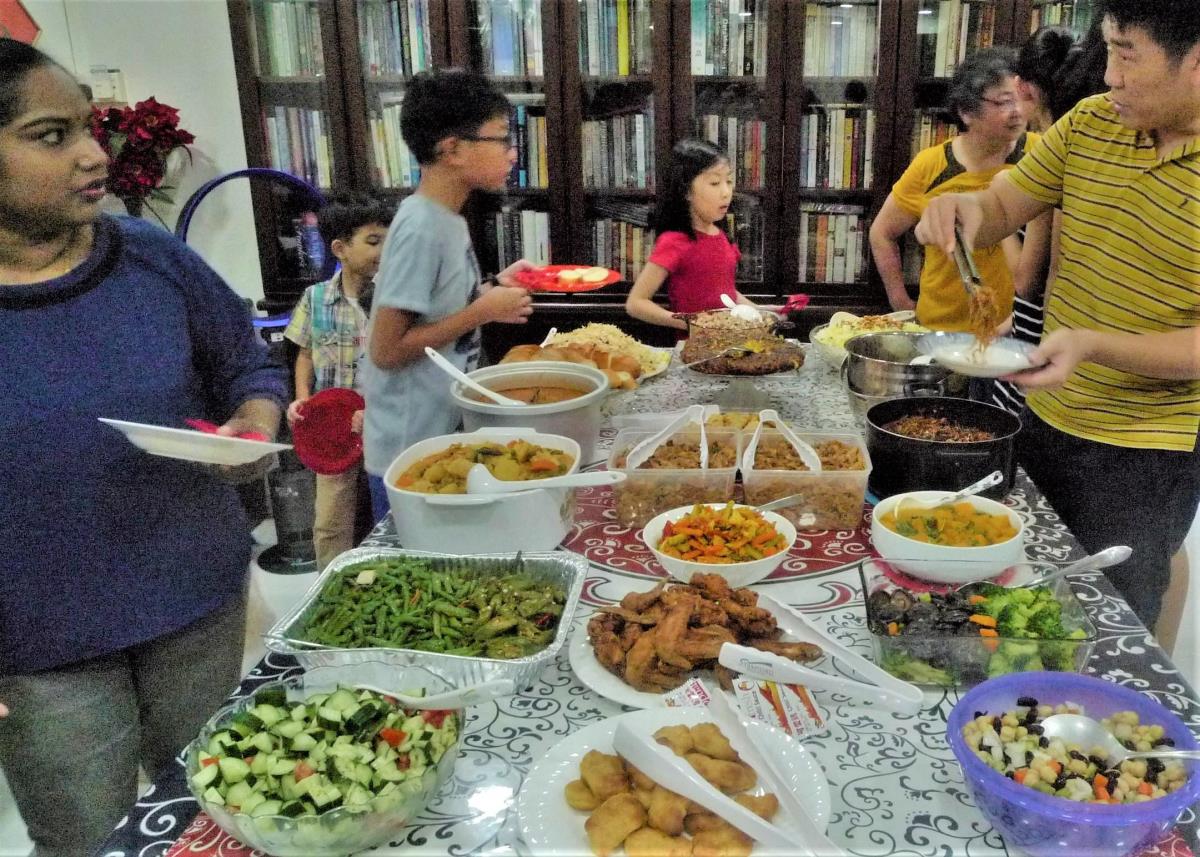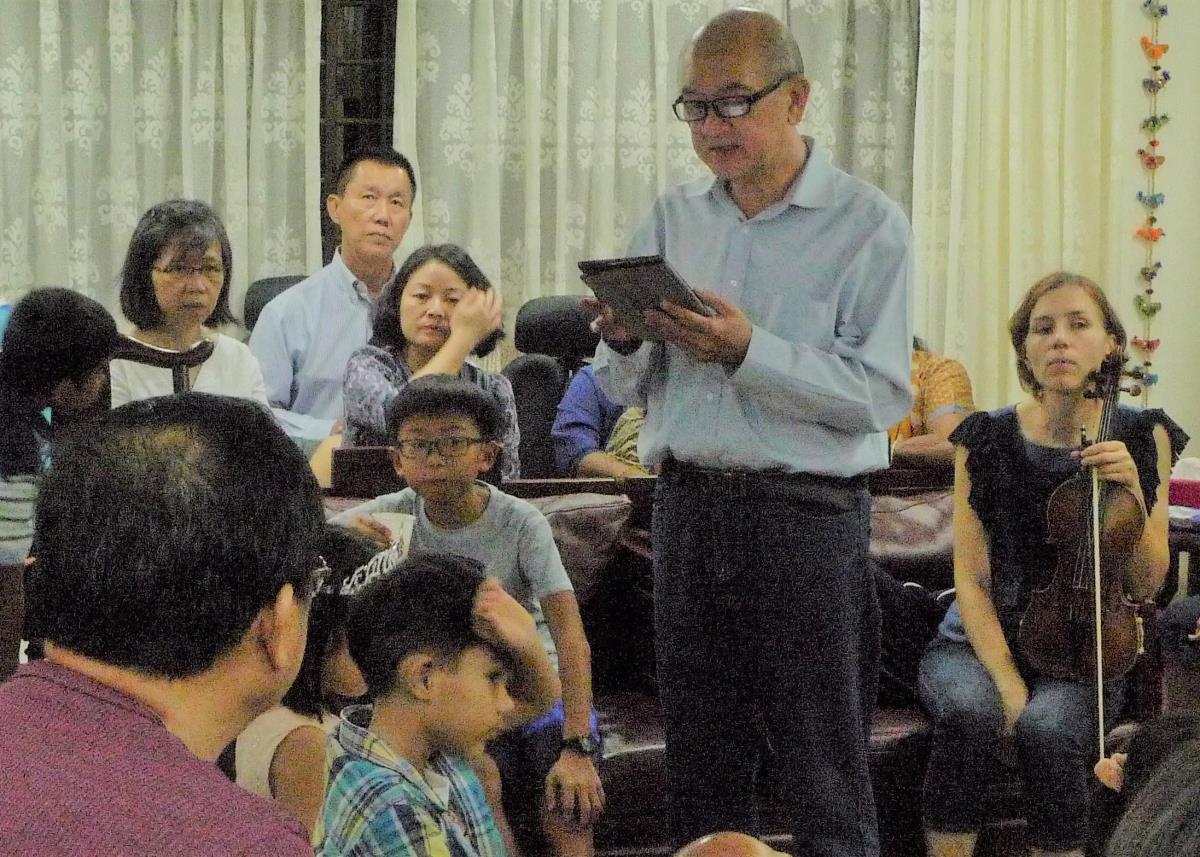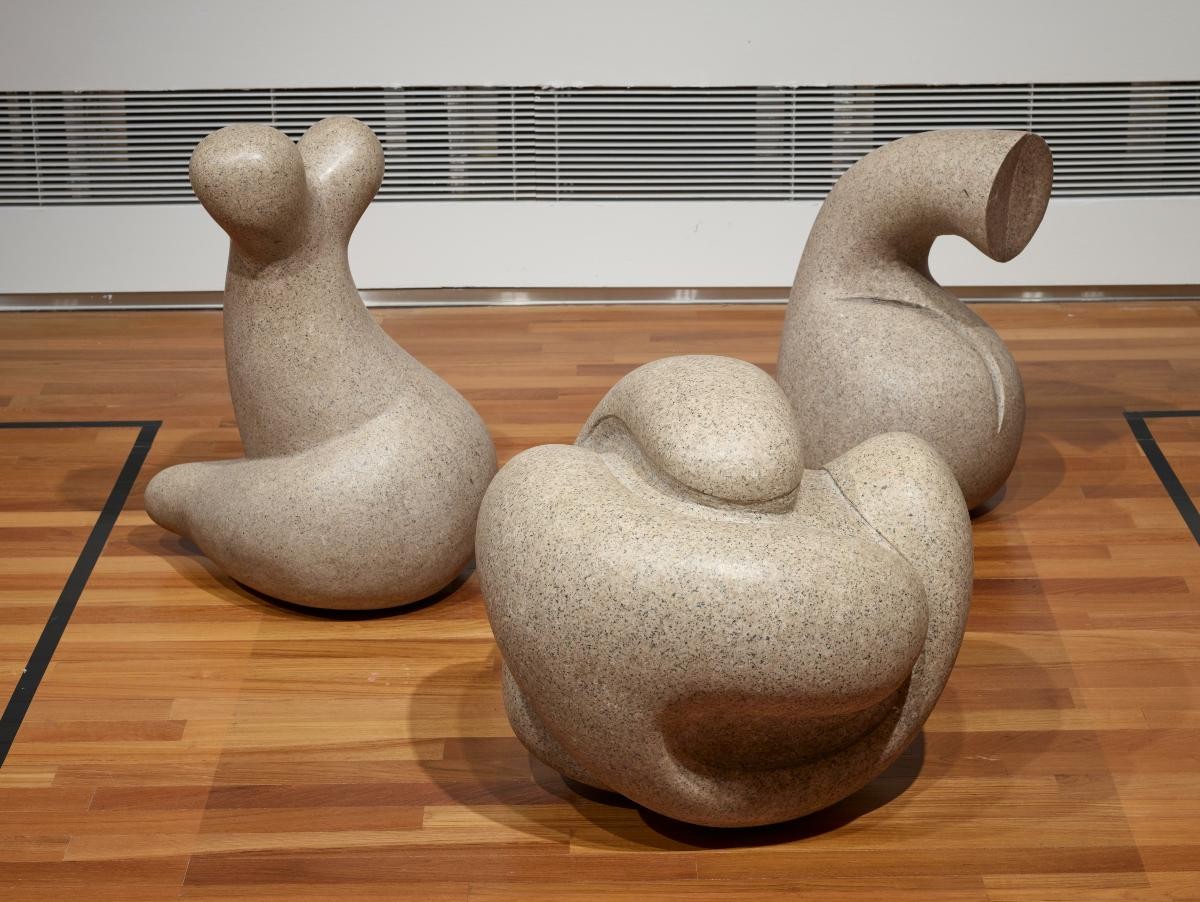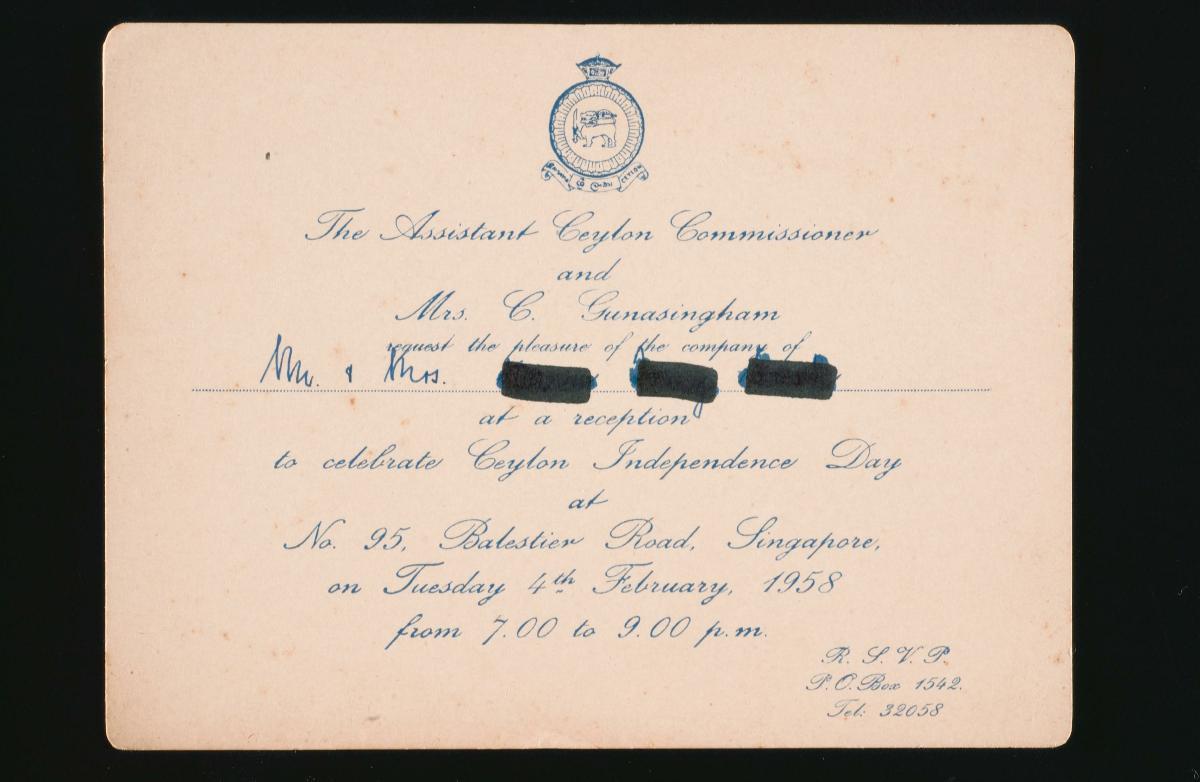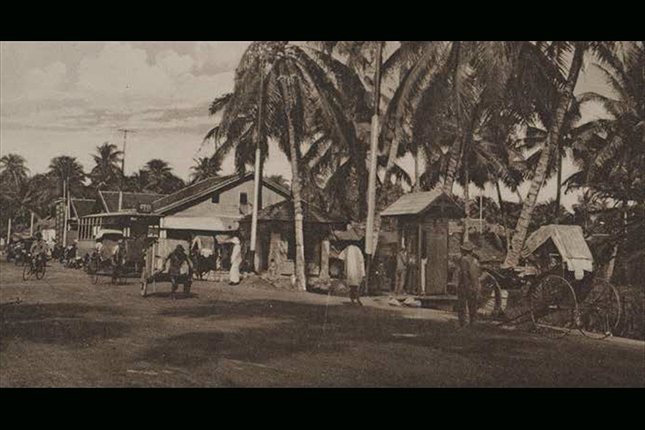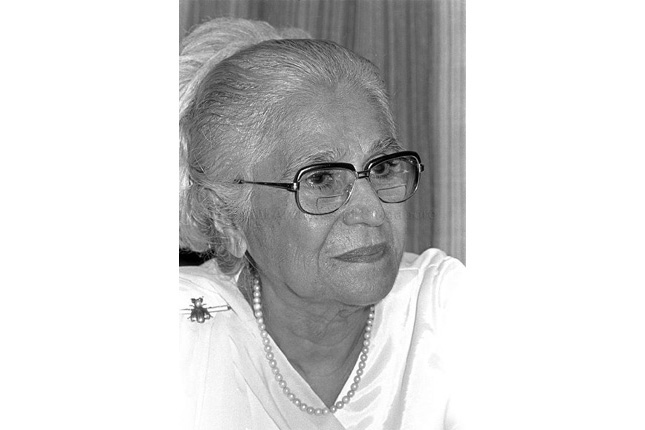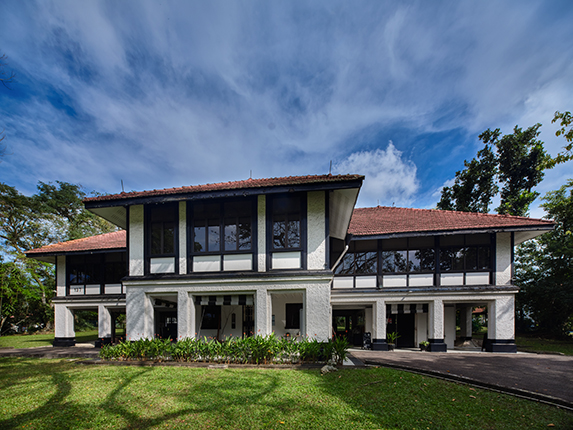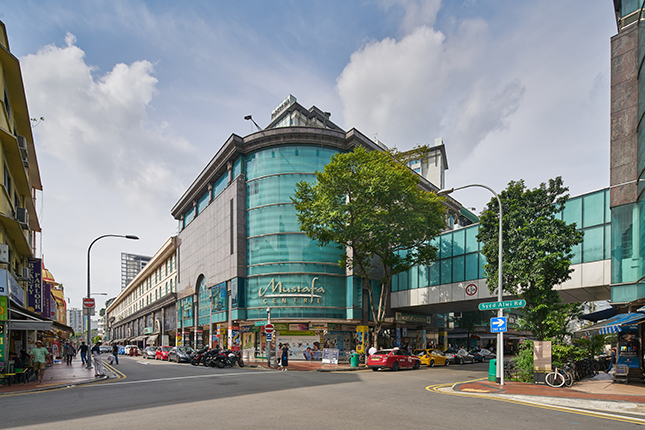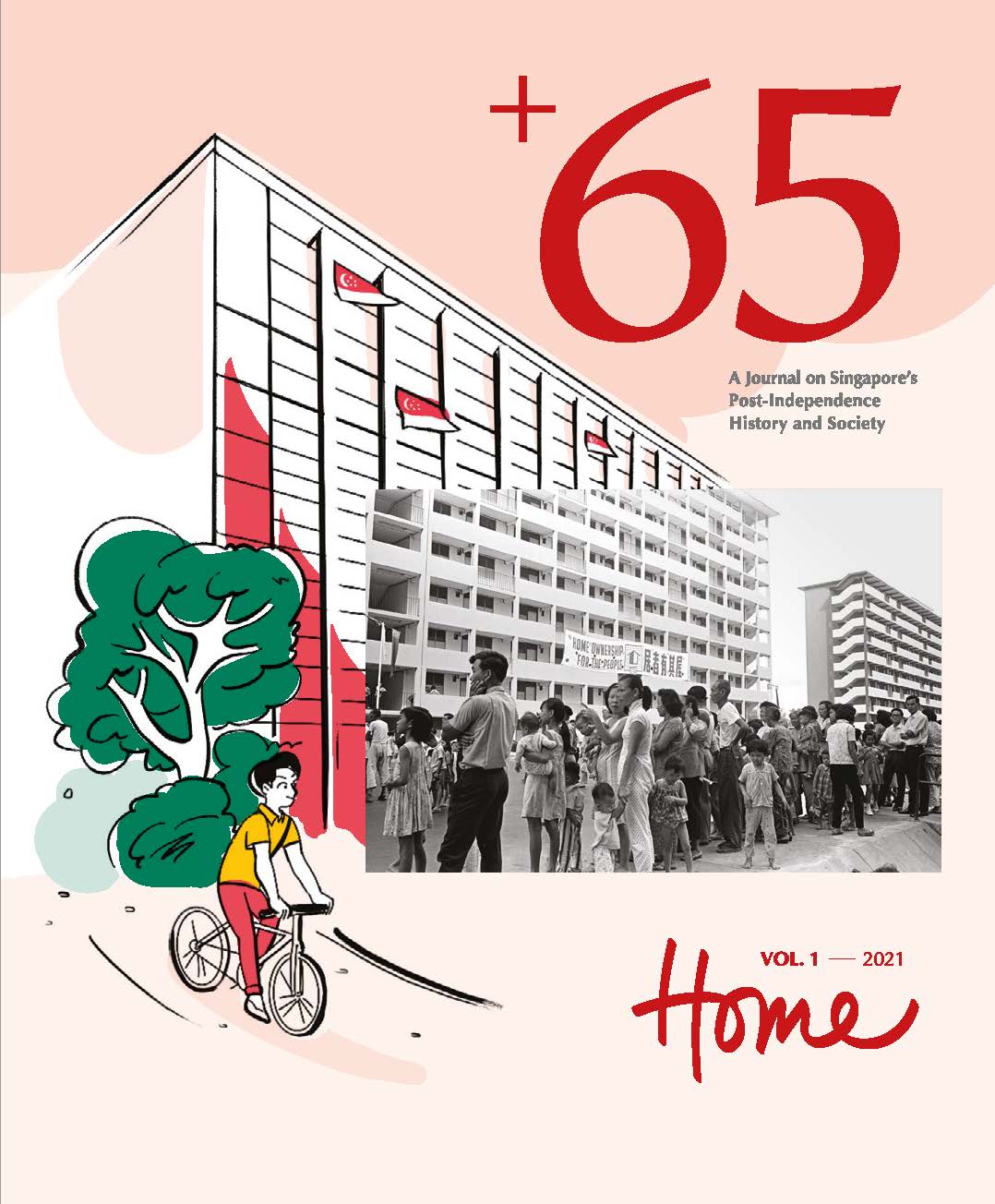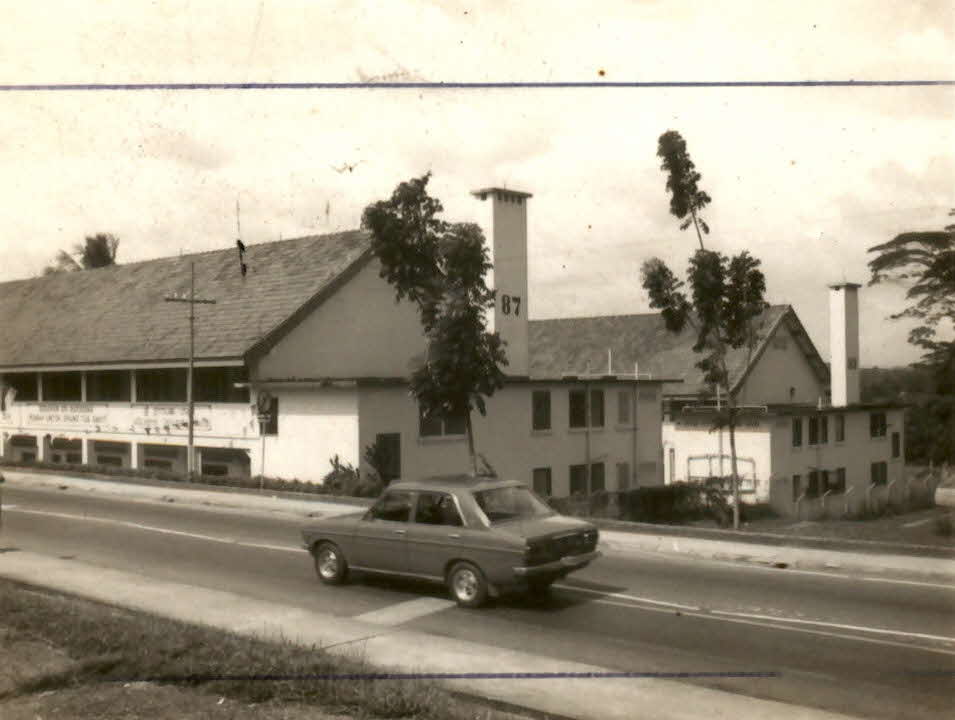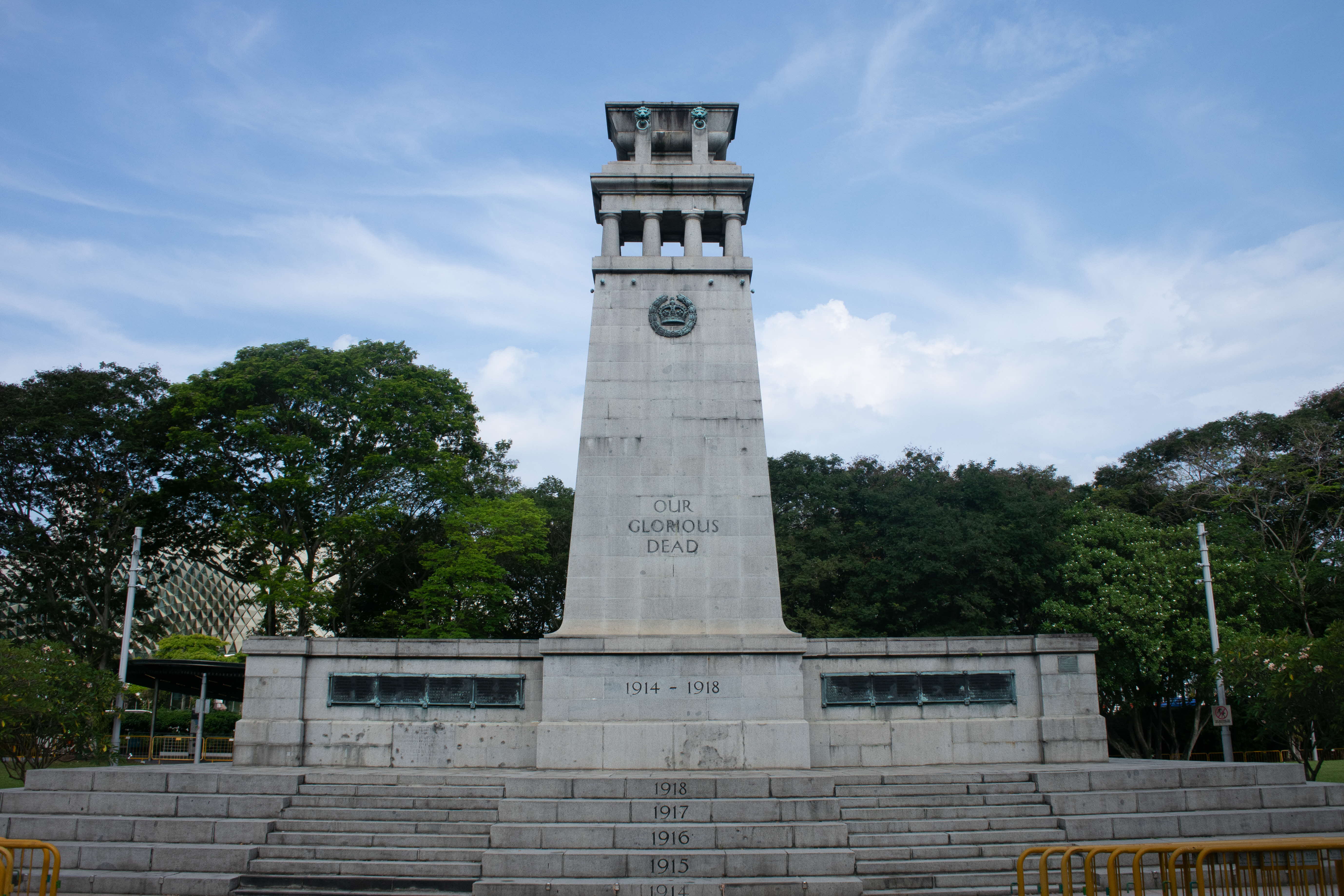The Nineteen Day Feast and the Bahá’í Community Life
The Bahá’í community traces the origin of their faith to Bahá’u’lláh (1817–1892), whom they regard as the most recent Messenger of God. A key tenet of the Bahá’í Faith is the unity of mankind and its fundamental principles consist of the belief in the oneness of God, the oneness of humankind and the oneness of religion. Today, the development of the Bahá’í Faith worldwide is guided by the Universal House of Justice, its international governing council.
At the local level, the affairs of the Bahá’í community are administered by the Local Spiritual Assembly. Among its numerous functions is its responsibility to organize the gathering of the Nineteen Day Feast, the bedrock of Bahá’í community life. According to ‘Abdu’l-Bahá (1844–1921), the eldest son of Bahá’u’lláh, these meetings are aimed ‘to foster comradeship and love, to call God to mind and supplicate Him with contrite hearts, and to encourage benevolent pursuits’. The Feast provides an opportunity for the local community to gather every nineteen days to discuss its affairs, and for the Local Spiritual Assembly to keep abreast of the concerns of the community and strengthen its relationship with it.
Geographic Location
The Baha’i Faith took root in Singapore in 1950 when Dr K. M. Fozdar and his wife Shirin left India to make Singapore their home. They initiated weekly meetings in their home for friends and acquaintances to share the teachings of the Faith and its principles such as the independent search after truth; equality of men and women, the need for universal education and the abolition of all forms of prejudice. Within two years of their arrival, a growing number of locals accepted the Baha’i Faith, and the first incorporated Bahá’í administrative body in Singapore – the Local Spiritual Assembly of the Baha’is of Singapore – was formed. With its formation, the gathering of the Nineteen Day Feast became a feature of Bahá’í community life in Singapore once every Bahá’í month. The Bahá’í’s or Badi’ (solar) calendar, comprises 19 months of 19 days, totalling 361 days each year. The remaining days are referred to as Intercalary Days.
The Local Spiritual Assembly is administratively responsible for the conduct of the Nineteen Day Feast. The location of the gatherings itself can be held in the home of a believer, at a public venue or decentralized in several localities within the local community.
Communities Involved
The Administrative structure of the Bahá’í Faith consists of the Universal House of Justice, the international governing body located in Haifa, Israel. Under its guidance, the annually elected nine-member administrative bodies of the National Spiritual Assemblies and the Local Spiritual Assemblies tend to the affairs of the Bahá’í community at their respective levels.
The Bahá’í Faith is one of the ten major religions in Singapore represented in the Inter-Religious Organisation (IRO). The Spiritual Assembly of the Bahá’ís of Singapore guides, co-ordinates and stimulates the activities of the Local Spiritual Assemblies and individual members of the Baha’i community. As of 2020, there are over 2,000 Bahá’ís in Singapore and five Local Spiritual Assemblies that administer to the needs of their respective communities at the local level.
Associated Social and Cultural Practices
For Bahá’ís, sunset marks the end of the day and the beginning of a new day. The Nineteen Day Feast is usually held at in the evening preceding the first day of the Bahá’í month. A Bahá’í who joins a Nineteen Day Feast anywhere in the world will know that the three-part structure – devotional, administrative and social – remains consistent. The difference may be in the outward form that reflects the local culture and customs.
The Feast provides an opportunity for friends to gather in a spirit of love and unity to pray, to share news and consult on matters pertaining to betterment of their community, and to socialise and strengthen bonds of friendship.
During prayer, individuals take turns to read or chant the selected revealed prayers and Holy Writings, while the rest listen and meditate on the words. The chanting of prayers are encouraged, as melodies have a “great effect” on the heart and soul. The names of each Baha’i month such as “beauty”, splendour’, and “questions” are associated with an attribute of God, and the devotionals often invite the listener to reflect on these profound themes. Prayers can also be offered for specific reasons, such as for unity, or the safety and healing of people affected by ill health or calamities.
Experience of a Practitioner
A first-generation adherent, Mr Foo Check Woo has been a member of the Bahá’í community since he was 17. He was drawn to the Bahá’í Faith by the concept of progressive revelation where God sends Divine Educators to edify the souls of man and advance civilization. When asked about his faith, Mr Foo shared, “We have evolved; we have learnt the good things from the past; we’ve discarded certain things. At the same time, we’ve acquired new tools and new concepts, and therefore religion is no different. It is also progressive. To me, it’s very dear to my heart, and that’s the reason why I became a Bahá’í.”
According to Mr Foo, Bahá’í Nineteenth Day Feasts can be held in the homes, in the house of worship, or at the Bahá’í Centre, though they are usually held in a members’ home. Mr Foo organises and hosts Nineteen Day Feasts at his home, which he regards as a facilitation process for members to self-study and understand the religion. The host for the Feast prepares the programme. Very often, it involves music, which can form part of prayer.
Present Status
The members of the Singapore Bahá’í community are relatively small and diverse but have been steadily growing over the years. As the primary spiritual, administrative and social meetings for the Bahá’ís at the local level, the Nineteen Day Feasts gathering is an important part of Bahá’í identity.
References
Reference No.: ICH-O9O
Date of Inclusion: November 2020
References
Bahá’í International Community. ‘Devotional Meetings’. The Bahá’í Faith. n.d. https://www.bahai.org/action/devotional-life/devotional-meetings. Accessed on 12 April 2017.
Bahá’í International Community. ‘The Universal House of Justice’. The Universal House of Justice. n.d. http://universalhouseofjustice.bahai.org/. Accessed on 12 April 2017.
Chew, Ghim-Lian Phyllis. ‘The Emergence of the Bahá’í Faith in Singapore (1950–1972)’. The Singapore Bahá’í Studies Review, no. 1 (1), 1996, 23–44.
Faizi, Gloria. The Bahá’i Faith: An Introduction. New Delhi: Bahá’í Publishing Trust, 1992.
Hatcher, William S., and J. Douglas Martin. The Bahá’í Faith: The Emerging Global Religion. San Francisco: Harper & Row, 1985.
The Spiritual Assembly of the Bahá’ís of Singapore. Bahá’ís of Singapore. n.d. https://www.bahai.org.sg/. Accessed 12 April 2017.




